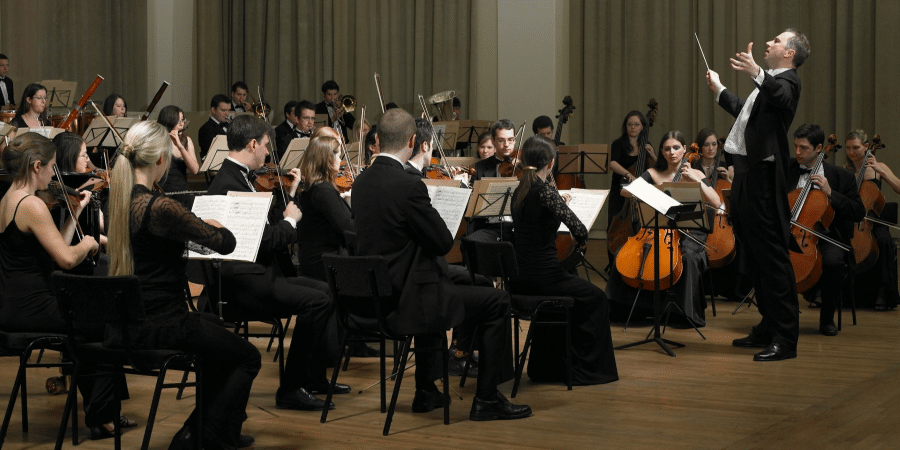In the age of instant information and digital databases, the art of old-fashioned archival research stands as a beacon of authenticity and depth in modern writing. John Perry, the author, understands the significance of traditional research methods, where first hand sources, historical documents, and physical archives become invaluable treasures in unraveling untold stories. Perry’s work, including his biography of Sgt. Alvin York, exemplifies the power and impact of thorough archival research in shaping compelling narratives.
The Value of First Hand Sources
One of the fundamental pillars of old-fashioned archival research is the reliance on first hand sources. These sources, ranging from personal letters and diaries to official records and eyewitness accounts, offer a direct connection to historical events and figures. John Perry’s approach to writing, particularly evident in his exploration of Sgt. Alvin York’s life involves delving into primary sources to capture the essence of a bygone era.
By immersing himself in York’s personal correspondence and historical archives, Perry was able to piece together a comprehensive and authentic portrayal of the World War I hero. This dedication to first hand sources not only adds credibility to the narrative but also allows readers to experience history through the eyes of those who lived it.
Unearthing Hidden Gems in Historical Documents
Another aspect of old-fashioned archival research is the uncovering of hidden gems within historical documents. Beyond the digital realm, physical archives hold treasures waiting to be discovered by diligent researchers. John Perry’s work often involves sifting through archives, manuscripts, and artifacts to extract valuable insights and anecdotes.
For Perry, delving into these hidden treasures is like embarking on a treasure hunt. Each document or record becomes a piece of the larger narrative mosaic. In his biography of Sgt. Alvin York, Perry’s careful scrutiny of military records, newspaper clippings, and personal memorabilia brought forth aspects of York’s life that had long been shrouded in obscurity.
During his research, Perry had the privilege of interviewing four of Sgt. Alvin York’s children who were alive at the time. These interviews were not just informative; they were profound conversations with living links to history:
- Woodrow Wilson York
- Andrew Jackson York
- Betsy Ross York Lowery
- George Edward Buxton York
Speaking with these individuals provided invaluable insights and added a personal dimension to Perry’s exploration of Sgt. Alvin York’s remarkable life and legacy.
Another exciting and unique part of the research process was the opportunity to read through boxes of original documents at the Warner Bros. film archive in California. These sources were collected by screenwriters working on the 1941 Oscar-winning film SERGEANT YORK, starring Gary Cooper in the title role.
Preserving History Through Physical Archives
While the internet offers vast repositories of information, there is a unique charm and importance attached to physical archives. John Perry emphasizes the preservation of history through these tangible repositories, advocating for their continued relevance in the digital age. Perry’s reverence for physical archives is reflected in his writing, where he often pays homage to the archival institutions and librarians who safeguard our collective heritage.
By utilizing physical archives, Perry not only accesses rare and unpublished materials but also contributes to the preservation and accessibility of historical records for future generations. His dedication to old-fashioned archival research underscores the enduring value of tangible sources in an increasingly digital world.
Bridging Past and Present Through Research
John Perry’s approach to old-fashioned archival research goes beyond mere data collection; it’s about bridging the past and present through storytelling. His work on Sgt. Alvin York and other historical figures demonstrate how thorough research can breathe life into forgotten narratives, offering insights and lessons that resonate with contemporary audiences.
By weaving together archival findings, personal accounts, and historical context, Perry creates narratives that transcend time, inviting readers to connect with history on a deeper level. Through his writings, Perry not only educates and entertains but also preserves the legacy of individuals whose stories deserve to be remembered.
Embracing the Legacy of Old-Fashioned Archival Research
In a digital age dominated by instant access and virtual archives, the legacy of old-fashioned archival research endures as a testament to the richness of human history. Authors exemplify the art of uncovering untold stories through painstaking research, reliance on first hand sources, and a deep appreciation for physical archives.
As we navigate the complexities of modern writing, let us not forget the value of traditional research methods that continue to shape compelling narratives and preserve the essence of our past. John Perry’s work serves as a reminder of the timeless importance of old-fashioned archival research in crafting narratives that stand the test of time.
Published by: Martin De Juan
















